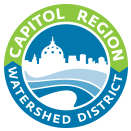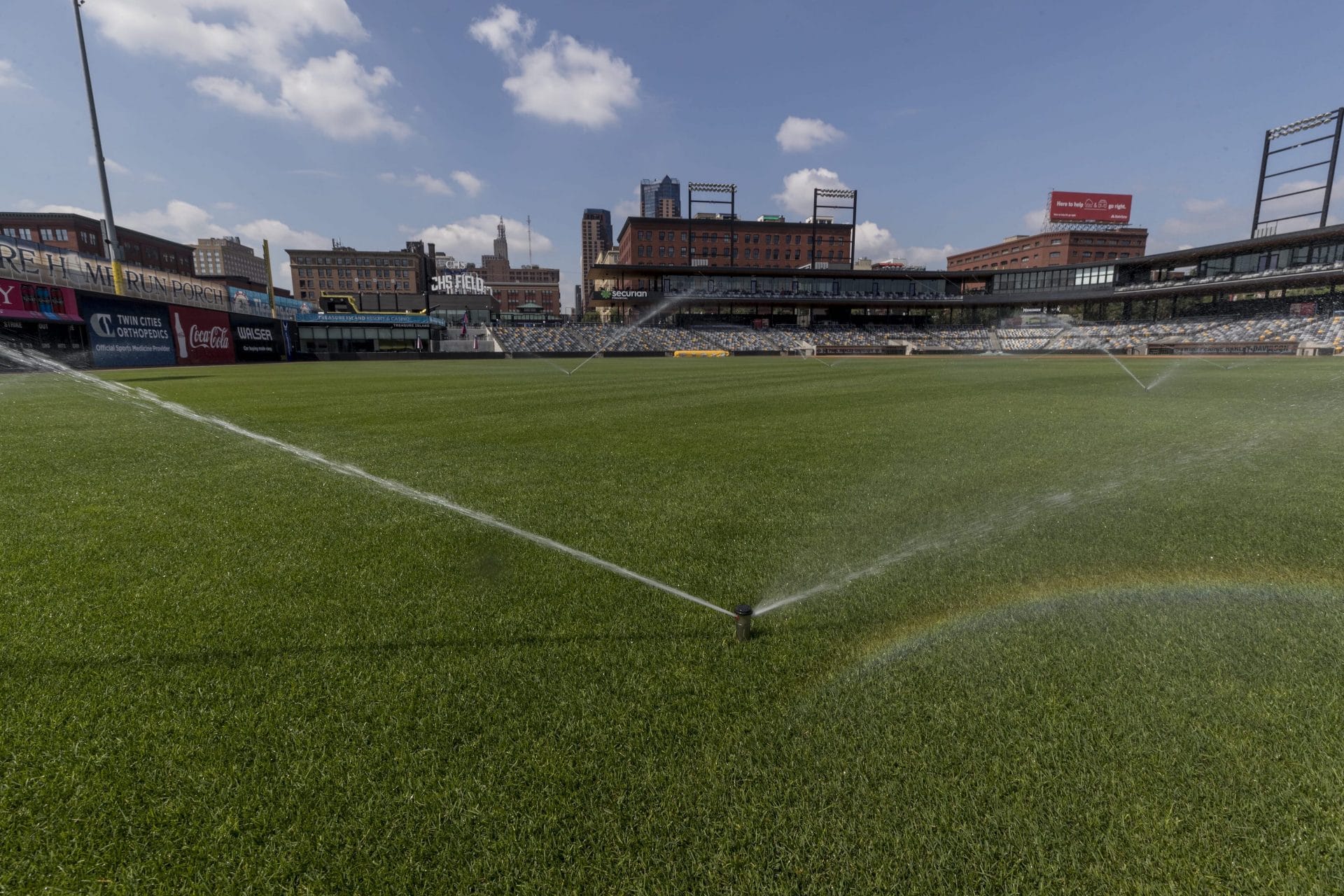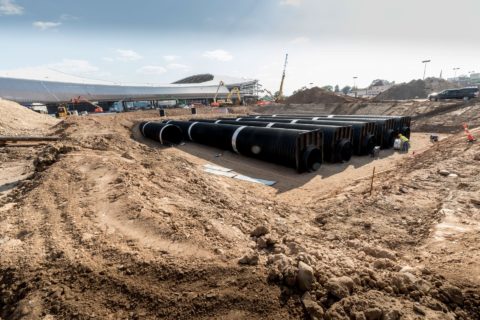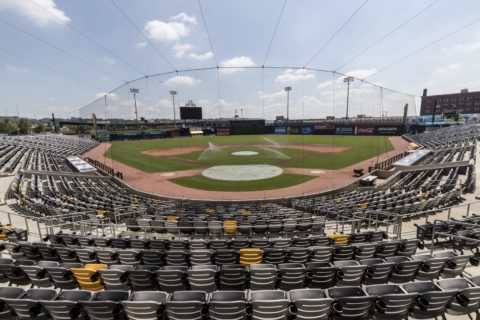Surface and Groundwater Interactions
Groundwater is the water found below ground in the cracks and spaces in soil, sand and rock. In Ramsey County, it is used for heating and cooling as well as manufacturing. Occasionally Saint Paul Regional Water Services also augments water from the Mississippi River with treated groundwater to meet drinking water demands.
Nearly all surface water resources in the District interact with and impact groundwater. Surface water collects particles and pollutants that can negatively affect groundwater quality, while groundwater depletion can degrade water quality in surface bodies.
Effective watershed management requires a clear understanding of the links between groundwater and surface water, as both types have a critical impact on water quality throughout the District.




